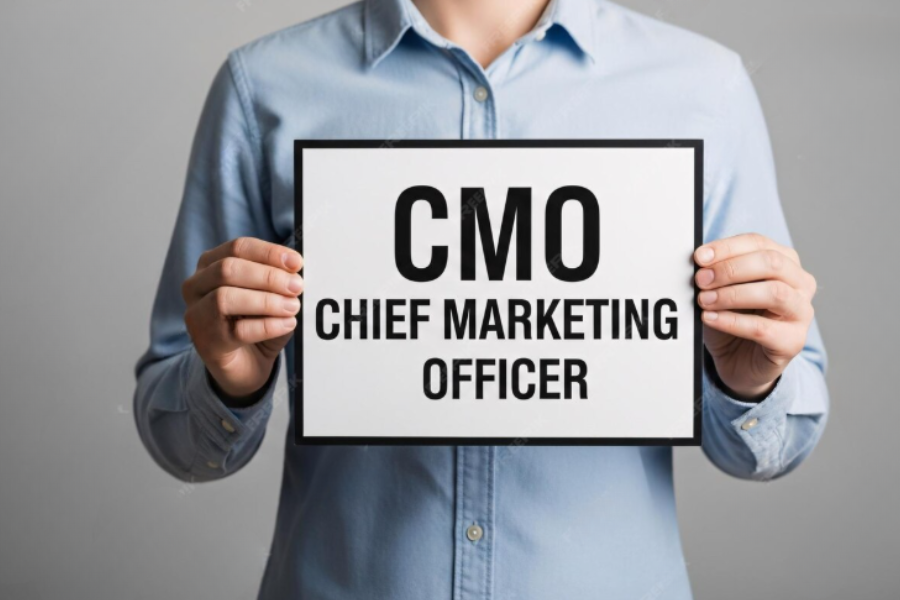In an exclusive interview with Campaign India, Barry Cupples, CEO, Asia Pacific, Omnicom Media Group, speaks about their plans for OMD in India and why India will continue to need unique, localised strategies.
OMD India still is slow to get off the ground in India... what are your plans with OMD India?
The plan is to keep the momentum that we have built up in the last twelve months going. It's straightforward, we are going to pitch, win, grow and build on that basis.
What are Omnicom’s plans for acquiring digital agencies for Omnicom?
I cannot say whether we are in talks with anybody or we plan to be in talks with anybody until those acquisitions, if they were happening, were finalized. I am not a great believer of the fact that you need acquisitions to build your business because digital is already at the heart of everything that what we do. As the Gunn Report states very clearly, we are almost twice the size of our nearest rival, in terms of awards. So we don’t need acquisitions to help us build that. What I want for Omnicom in India is that Jasmin (Sohrabji) gets all the support she needs from global, which I’m sure she does, in terms of growing her client base.
Will you continue to operate through TBWA India or will Omnicom be getting its own identity in India?
We are continuing to work through TBWA's ‘Radeus' brand. But that will be as OMD, fully branded and run by us as OMD. As for any plans to expand that would be no comment.
OMD India does not have the size to have clout -- and in India business, of late, seems to go with the entity that has size. Could you comment on this?
It would be crass of me to say that you don’t need scale. You do but in the absence of scale, what you need to be as a practitioner is absolutely nail down in terms of what you do, for clients. You need to be a great accounts planner, you need to sit at the table with all the stakeholders and you need to drive great ideas that clients see working. That will help you grow your credibility and your business base. That’s really how OMD was formed. So Jasmin is in the same situation that I was, ten years ago, when we launched the first OMD.
What are your plans for OMD's strategic planning tool Checkmate in India?
Checkmate is being initiated. We are training our teams. The Indian teams will be included in any of the checkmate progressions. We are planning a major progression in the Checkmate process to take it to the next evolutionary step and India is, of course, a part of that, as an Asia Pacific country.
OMD has won more awards than competitors in Asia recently. When do we see India get on the list?
India has joined it right now, because the work that Jasmin and her team have done on Pepsi, in particular, has already started to receive recognition. We have entered the work, both internally and externally and it has been commended. What I can see is that she has the team that understands our process and therefore can be given the flexibility within the framework to drive big ideas. And I think they will win awards. It’s embryonic right now, because the agency is a year old.
One of the points discussed at Spikes was the complexity of finding the right creative solution for global brands in an Indian context. What is your view on the need for creative ideas to travel globally?
I attended the session you are referring to, that of Santosh (Desai) and Prasoon (Joshi) and enjoyed it. There were some strong opinions, with very clear viewpoints, that resonated for me. The people in the room were experts who understood the Indian market and I thought the work that was screened from India was of a very high standard. As for global ideas travelling, I don’t think anyone has cracked the right answer to that question. Santosh and Prasoon are experts and you need to listen to the experts when you enter a market such as India. Rather than take a global idea and try to cram it, it needs to be something that translates well for Indian consumers. We recently had a pitch for which we had a common theme and idea globally and we made a point to say that it wouldn’t work verbatim in India. We said it would be very different to the rest, although the idea is, in essence, still linked umbilically to the global idea.




